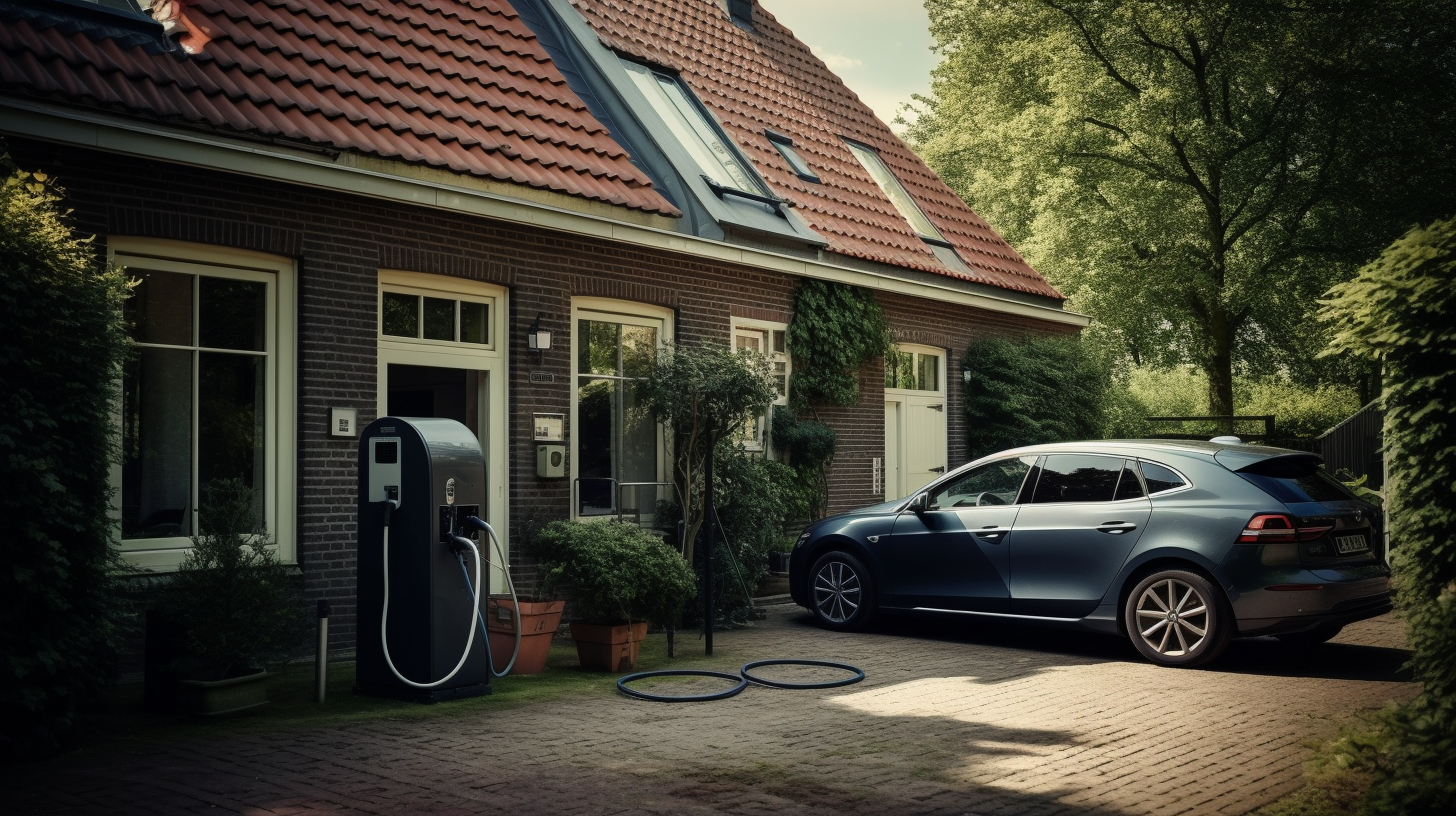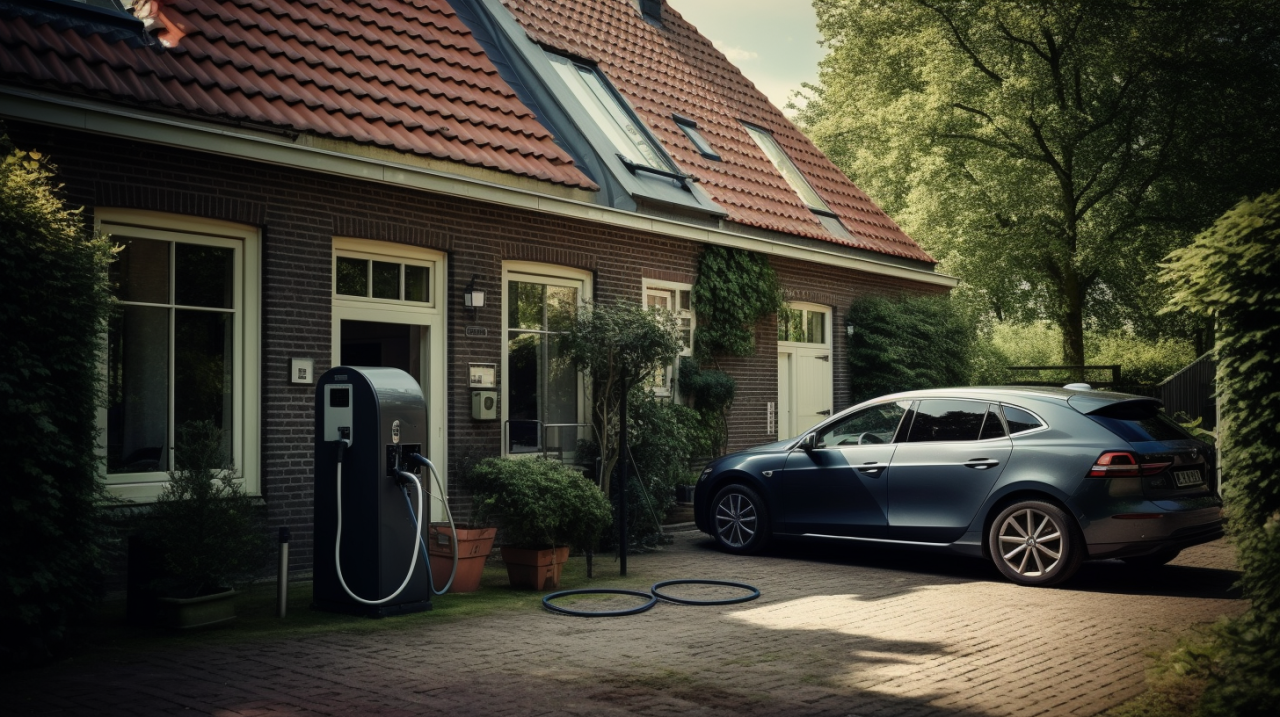September 29, 20233 min Reading time

An employer offers favorable loans for home batteries and charging stations, but tax must be paid on the interest benefit on the charging station purchase. This position of the Tax Authorities shows that green employment conditions are complex. Employers who want to promote electric driving must carefully assess their financial commitment. They can offer employees tax-favorable loans for home batteries or wall chargers, but not for fixed charging stations.
Complex
The Tax Authorities confirmed this in a recently published position statement, in which an employer lent an employee money to purchase a home battery, charging station, or both, at a lower interest rate than with a bank or other lender.
The question was whether the employer can include the employee’s interest benefit in the final tax wage, so that the employee does not have to pay income tax. The employer can use the free space in the work costs scheme and does not have to pay tax on the interest benefit, which results in the same gross and net benefit. The tax authorities’ response, depending on how exactly the borrowed money is spent, shows that employment conditions that promote sustainable choices for employees are complex for employers.
Free space
In mid-September, the employers’ organization AWVN presented an inspiration guide on ‘green employment conditions’. According to the AWVN, which negotiates collective labor agreements with trade unions on behalf of its members, green employment practices are growing rapidly. More and more organizations want to have a positive impact on the environment and the climate. This goes beyond making business activities more sustainable; it is also increasingly expressed in the desire to offer employment conditions that contribute to a more sustainable society.
Mathijs Roodenburg, policy advisor at the AWVN, recently stated in the FD that employers see the tax authorities as an obstacle to the introduction of green employment conditions. He pointed to strict and complex rules. As an example, he mentioned insurer Achmea, which allocates a budget to employees who want to make their homes more sustainable, such as insulation, solar panels or a charging station. If such a budget amounts to several thousand euros, there will be little or nothing left of the free space in the work costs scheme, according to Roodenburg.
Double benefit
With regard to the cheap personnel loan for a home battery and a charging station, the payroll tax knowledge group has assessed whether these installations are considered part of your own home. If that is the case, tax must be paid on the interest benefit. This is because the employee can also include the benefit as deductible costs for his own home on his income tax return, as indicated in the position of the knowledge group. The intention is not to enjoy tax benefits twice.
According to this point of view, a charging station is considered part of the home because of its permanent mounting in concrete and its connection to the electricity network. When moving, it is not the intention to take the charging station with you, so it is considered real estate, unlike the battery or a wall-mounted charging box, as indicated by the Tax Authorities, according to the FD.
Always want to be aware of tax rules?

